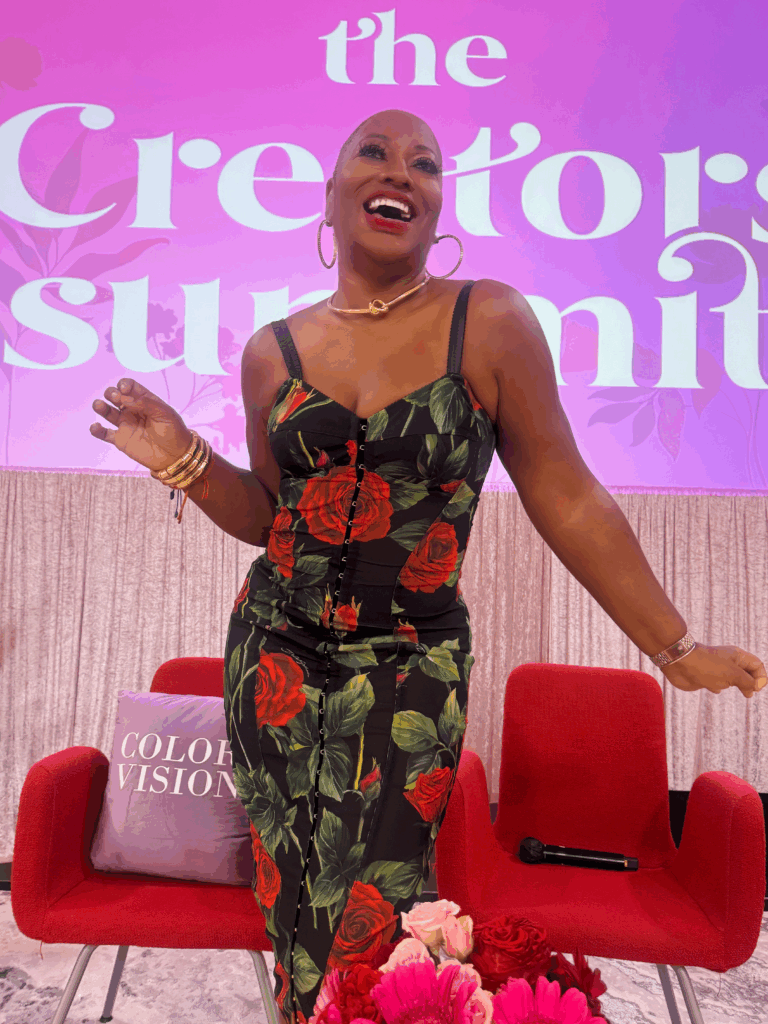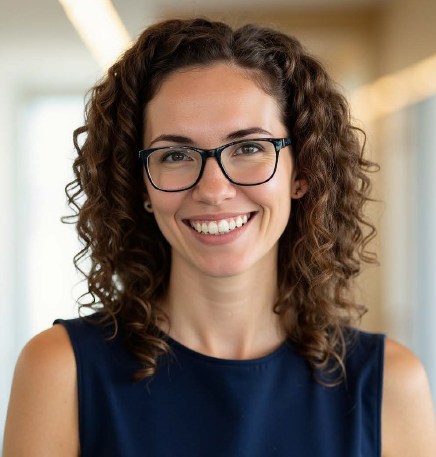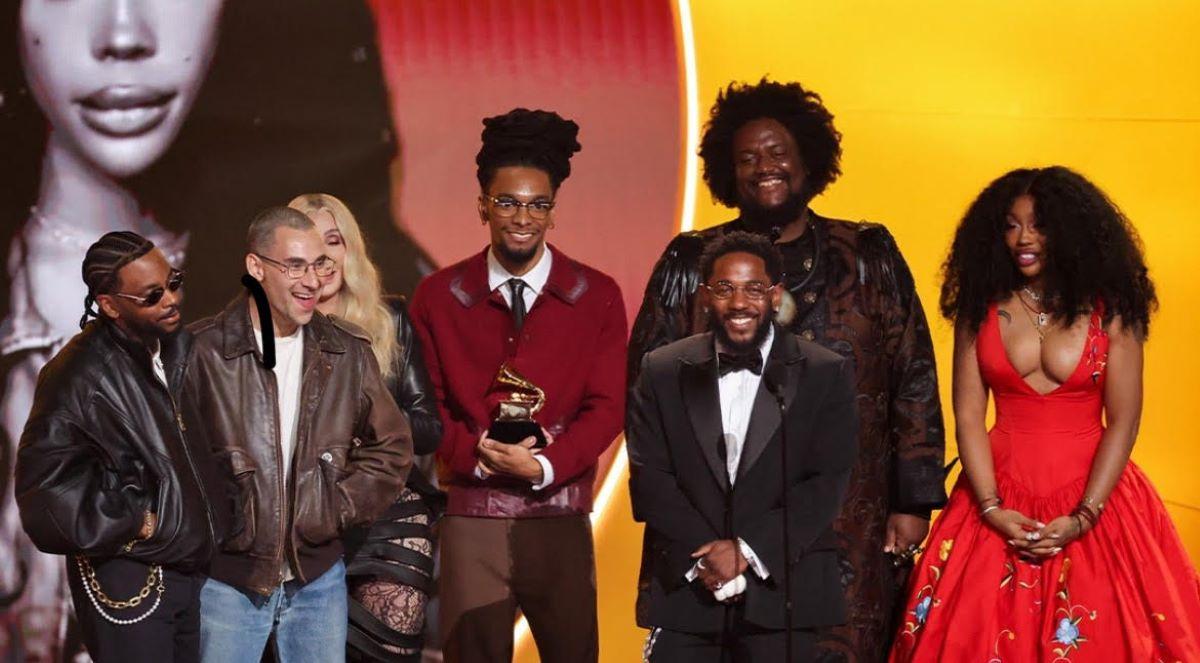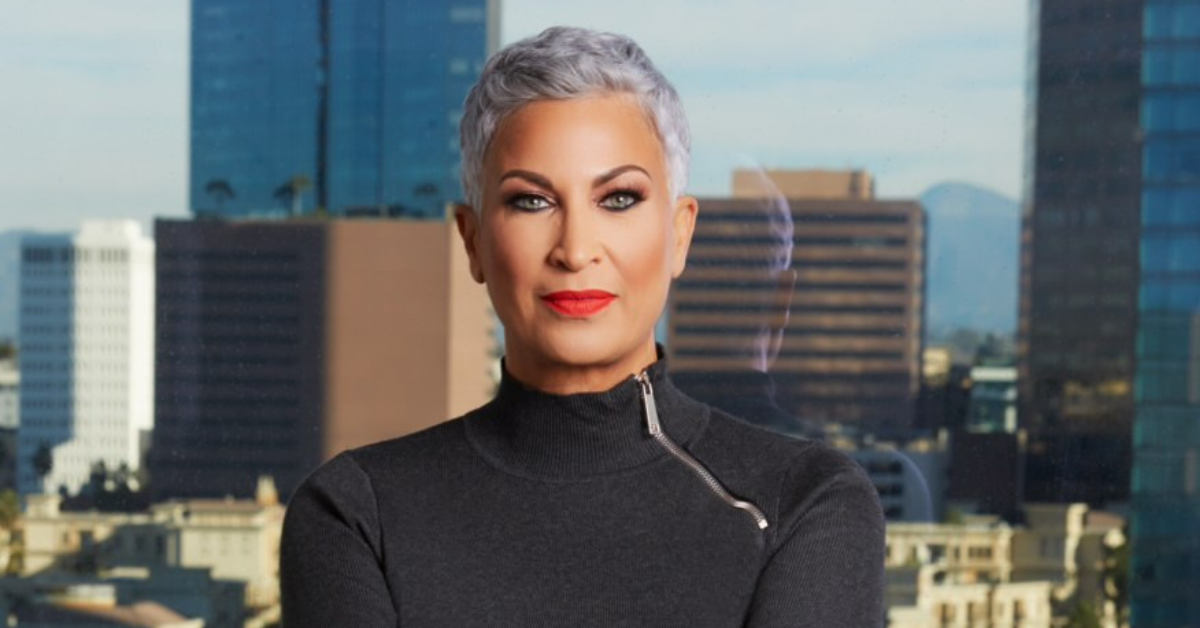The Power Of Connection: Bershan Shaw’s URAWarrior And Pledge 15

Hearing the words “stage four breast cancer” for the second time in two years changed everything for Bershan Shaw. At first, she stayed silent, feeling ashamed and embarrassed, not wanting anyone to know. But then something shifted.
At that point, Bershan said she realized you are what you think and believe. She started dressing up for chemo treatments, bringing positivity and energy. Her outlook did not go unnoticed and set her on the path of creating safe spaces for people who need support.
Her vision was a community where you can authentically be yourself instead of faking it on social media or feeling silenced by societal stigmas. From this vision came URAWarrior, a mental wellness platform, and Pledge 15, a movement dedicated to healing people with one of the most powerful tools: human connection.
“It drove me to owning my power, owning who I am, owning my story,” she said. “I’m not a statistic and neither are you. Don’t be a statistic.”
URAWarrior Is More Than An App
The last thing Bershan wanted was another impersonal clinical app or a social media platform that could pressure users to present polished versions of themselves. That is why she designed URAWarrior to be an inclusive and welcoming community.
The app allows anonymous posting, providing users with a safe place to share without shame or fear of judgement.
“We don’t accept bullying, trolling, or abusive behavior,” Bershan said. “We got back to the basics of human connection.”
Within the app, users can find coaching, community, and resources to support them during their challenges and remind them they are not alone. According to Bershan, URAWarrior is more than an app; it is a movement. Her goal is to normalize talking about mental health and create a safe space where suffering in silence is no longer the norm.
The Pledge 15 Movement
Earlier this year, during Mental Health Awareness Month, Bershan and URAWarrior launched Pledge 15. It is a simple but powerful concept: spend 15 minutes a day checking in with three people. Take five minutes for each person to ask how they are doing and really listen.
The movement is about more than conversation. It is about showing up. In a world where people are more digitally connected than ever but feeling more disconnected from each other, Pledge 15 is a call to intentional, human-centered connection.
“People are suffering in silence or feeling alone, needing someone to listen to them,” Bershan said. “We’re only asking for five minutes, not five hours. It’s not hard to check in with someone.”
At the heart of the Pledge 15 movement is the idea that a small action can lead to significant change. A phone call or check-in can make someone feel seen, heard, valued, and not alone. Bershan explained that communities used to work that way, uplifting and helping others.
“You never know the impact a small act of kindness can have on someone else,” Bershan said.
She hopes this movement encourages people to pause and truly connect with others. It is about moving away from a “me, me, me” mindset and getting back to a community-driven outlook.

Lessons For Professional Women
For women balancing careers, families, and personal well-being, Bershan’s movement offers inspiration and a call to action. She encourages women to normalize conversations about mental health in professional spaces and to show up for themselves, their colleagues, and friends by joining the Pledge 15 movement.
“Let’s get back to the basics,” she said. “Let’s get back to caring about one another, showing up, being supportive, helping, elevating, and motivating each other. I want to normalize mental health so we’re not afraid of really talking about it.”
For Bershan, mental health and wellness is rooted in people showing up for one another. She recently shaved her head in solidarity with cancer warriors and is starting a Warrior Woman Circle to empower women through connection, moving ahead with her mission to create safe supportive spaces.
Through her work with URAWarrior and Pledge 15, Bershan is proving that healing and connection does not require grand gestures. It can be as simple as five minutes, one phone call, and one friend.






